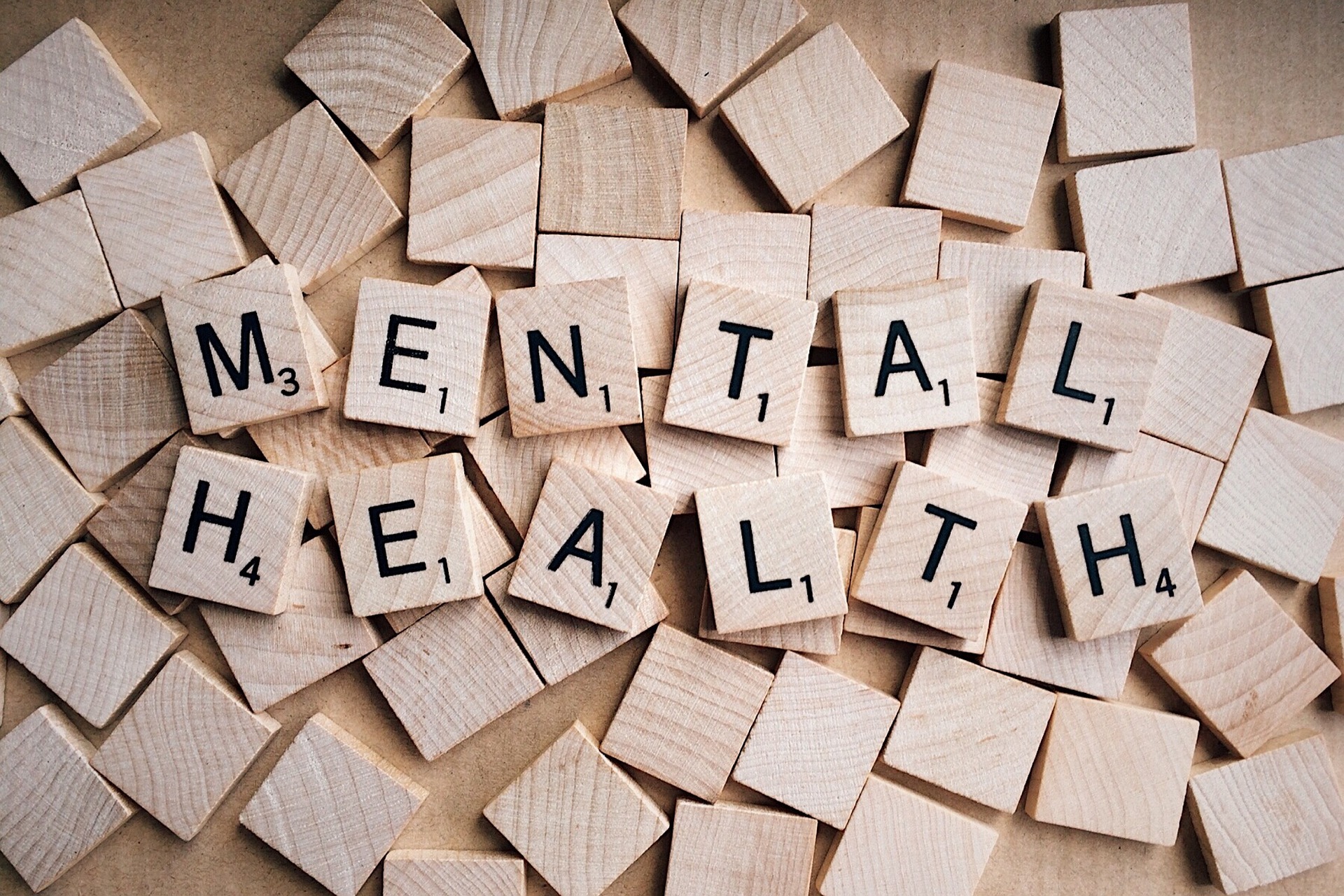“Are you okay?” This question is something many members of society wished to be asked, due to our deteriorating mental health. Mental health in society has sunk dramatically over time in recent years. Mental health issues have grown in recent years in society, why is this? This rise of declining mental health is caused by heavy influence of social media as well as technology, an uprising in mental illness, and an increase in drugs as well as vape usage.
Social media’s uprising has drastically affected mental health within society. Strong links between social media and mental health have been discovered in many studies, showing a perspective on what modern technology can do to us. A study conducted by Etactics to figure out how much of society uses social media. In this study Maria Clark, a graphic designer states “A survey found that 97% of teenagers between the ages of 13 and 17 have at least one account.”
Additionally, in the same study by Etactics, Maria Clark mentions that “Around 86% of 18- to 29-year-olds use these platforms. Another 80% of people aged 30-49 and 64% of people aged 50-64 are on social media. Even one-third of adults over 65 use it, compared to just 10% in 2010”. This provides a general insight into how much social media is consumed by society compared to years prior. The rise of awareness in mental health has been drastic in recent years, with social media likely being the leading factor.
It’s also been studied how social media affects mental health which, with the last study, can provide a perspective into the big picture. A research study was conducted on how people feel without their phone. The study by Etactics was conducted, with Maria Clark mentioning that “94% of participants reported feeling troubled when they didn’t have their phone. 80% were jealous when someone else used their phone, and 70% expected to feel depressed, panicked, and helpless if their phone went missing or they couldn’t find it”. This, along with the prior study, shows how detrimental social media and technology in general affects our modern day society. It also shows a depressing reality of how attached society has become to their phones and social media.
However, mental illness in general is a large-scale issue within society as a whole. Suicide in young adults has become an extremely prevalent issue in modern days. A study conducted by FHEHealth, in which Chris Foy, a content manager with 6 years working mental health facilities states that “Globally, suicide rates are extremely high among young adults — suicide is the second-most common cause of death reported for those age 15-29”.
This, as well as a study by Etactics, Maria Clark shows that “Experiencing psychological distress in a given month grew by 71% in young adults from 2008 to 2017. Even worse, the rate of suicidal thoughts in young adults increased by 47% during that same time”. This shows the drastic increase in suicide rates, but also displays how many lives it takes by being the second most common cause of death in young adults. This rise in suicidal thoughts may explain just how prevalent mental illness has grown in our society.
An article by FHEHealth, that was written measuring how much mental illness has increased, Chris Foy states, “Statistics from the World Health Organization reveal a 13% increase in reported mental health disorders over the past 10 years”. This statistic shows the uprising that’s been occurring, which is likely a direct influence on the concerningly high suicide statistics. These factors show the fearsome uprising of mental illness in the world around us.
The use of drugs and the rising vape addictions, is a large contributor to the steadily declining mental health of society. Vaping is a rising addiction within society, and is severely deteriorating the mental well-being of its users. A study by the American Heart Association conducted on vape users showed that “More than 50% of people in all vaping groups reported having suicidal thoughts within the past 12 months, compared to only one-third of the non-users” (American Heart Association). Displaying the devastating effects of vaping in the minds of those who use it.
Another study by The New England Journal of Medicine that was conducted on the increased usage of vaping showed that “As a result of these annual increases, vaping prevalence more than doubled in each of the three grades from 2017 to 2019” (The New England Journal of Medicine). This rapid increase in vape usage, as well as the association of its effects on the psychological, may be a large factor of why mental health is decaying in modern society.
However, drug usage is also a prevalent factor that should be considered as well. A study by The National Center for Drug Abuse Statistics conducted on the yearly increase in drug usage shows that “13.5% of Americans 12 and over used drugs in the last month, a 3.8% increase year-over-year”. This study shows a clear increase in overall drug usage overtime in America.
Another study by the Mental Health Foundation states that “Stimulant drugs can make you feel depressed, anxious, and paranoid.” Cocaine – a type of stimulant – can make previous mental health problems recur and trigger psychosis and schizophrenia” (Mental Health Foundation). This connection may explain how those who abuse drugs likely have a fracture in their mental well-being, and how it’s a concern to not be taken lightly. Both vaping and drugs clearly indicate some level of influence on their users’ mental health.
The decrease in mental well being is largely influenced by the internet as well as smart devices, a large escalation of mental illness, and drug abuse paired with vape addiction.
With all these components harming society’s mental health in a variety of ways, they each are large problems afflicting society. Within the near future, we should all hope that efforts are put forward to minimize the damage these issues cause, so citizens can more confidently say that they are okay.
If you, or someone you care about needs help, please use California Mental Health Resources, the Golden Valley Student Careline(661-375-7297), and the Wellness Warmline Request Form as a way to seek help.



